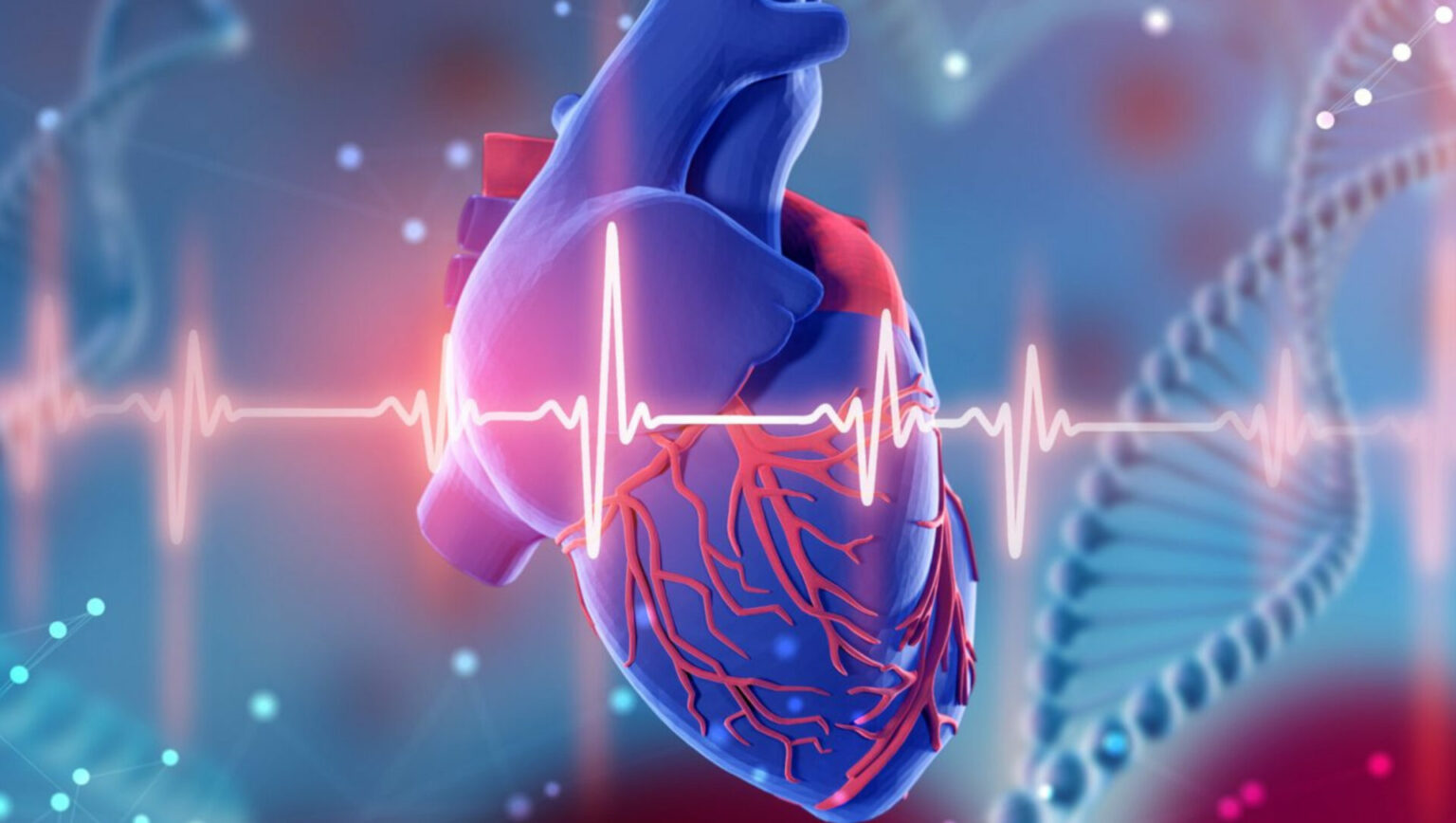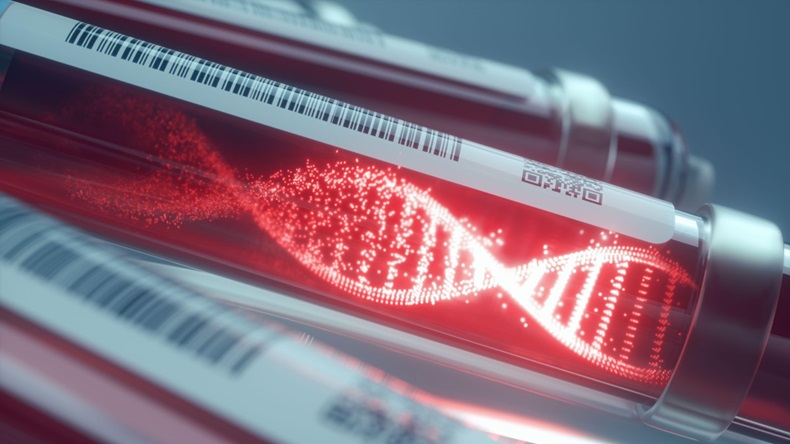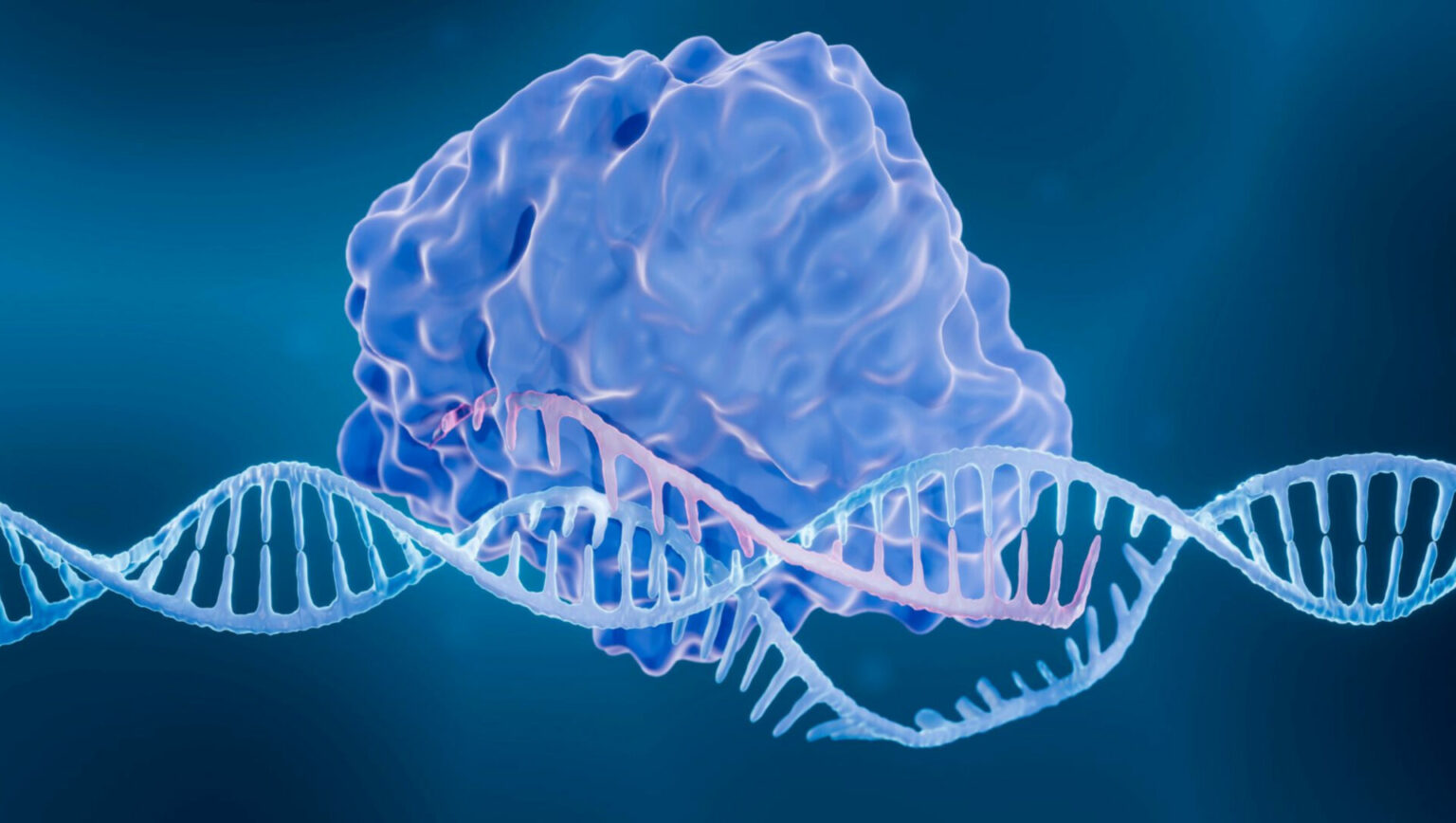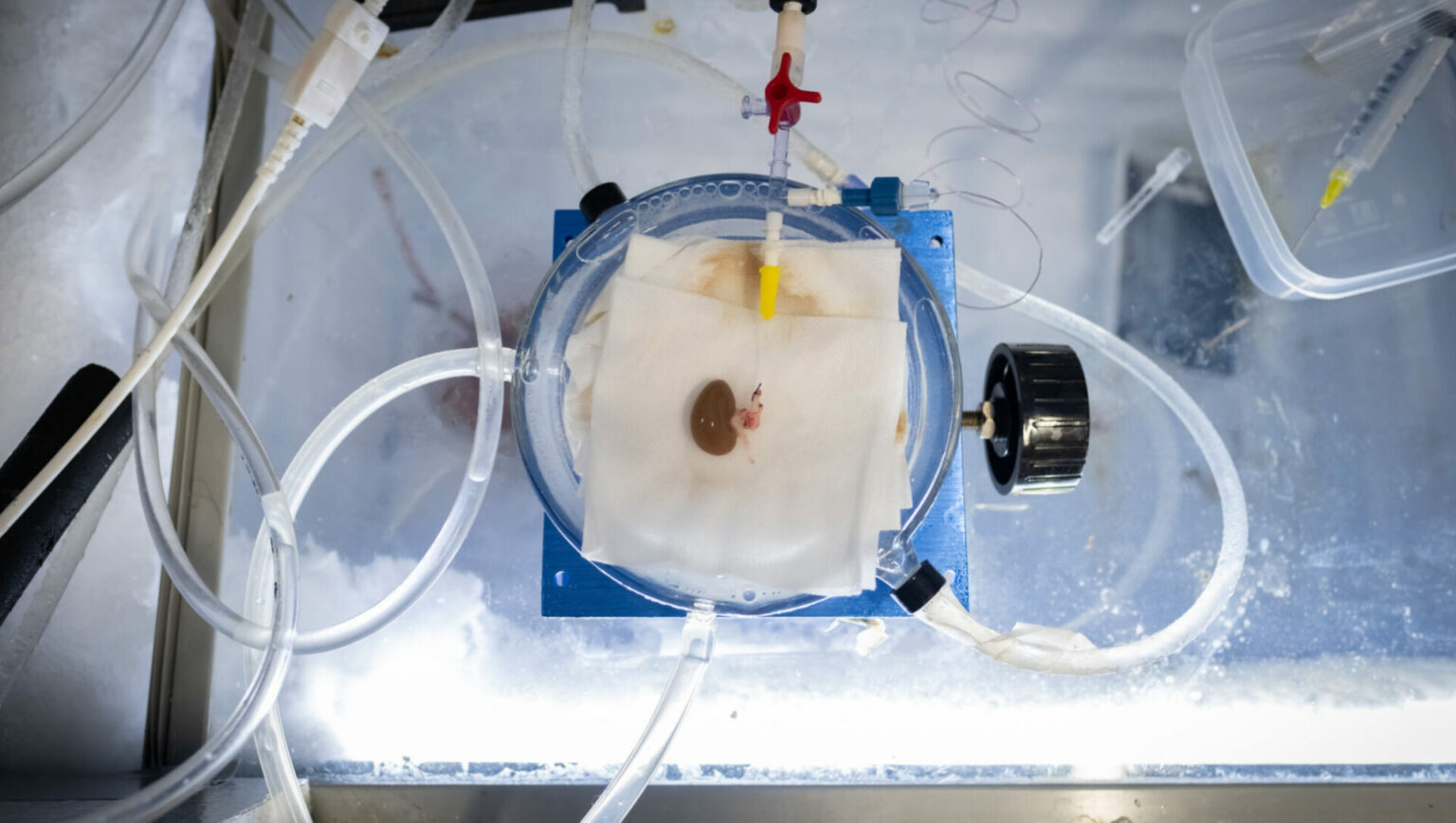Author: Saswata Banerjee
Dr. Saswata Banerjee is a DNA nanotechnologist currently working as a Scientific Consultant at the American Chemical Society. He obtained his PhD from the Biodesign Institute at Arizona State University and pursued post-doctoral research at Columbia University Irving Medical Center in New York. As a scientific reviewer and editor, he is associated with several renowned brands like Editage and Enago. Dr. Banerjee has authored over twenty titles.
Senescent cancer cell vaccination, developed by Researchers at the Institute for Research in Biomedicine (IRB) in Barcelona, dramatically slows the growth of tumors in melanoma and pancreatic cancer experimental models. This significant finding might completely alter how the immune system recognizes and destroys cancer cells. Evading the Cancer Microenvironment Cancer cells can build a protective habitat that prevents immune cells from being detected and attacked, which presents a serious challenge to the immune system. Inducing senescence in cancer cells, however, may be more effective than targeting dead cancer cells, which has been the main focus of research in this area…
Scientists at Osaka Metropolitan University recently demonstrated that artificial intelligence (AI) can revolutionize the field of diagnosis of heart valve diseases. Leveraging the ongoing development in the fusing of medicine and technology to enhance patient care with an inventive use of AI that categorizes heart activities and locates valvular disease with unmatched precision. The paper describing this invention was recently published in Lancet Digital Health. What is a Valvular Disease The blood flow into and out of the heart is regulated or controlled by the opening and closing of valves. The three leaflets or flaps that make up three of…
A new protein was discovered in human skin that reflects the age and photo-ageing status of the skin. A recently published research paper entitled “A novel peptide ‘T14’ reflects age and photoaging in human skin” was published in the renowned journal Aging in June 2024. What is Skin Ageing With ageing, although the number of cell layers remains constant, the outer skin layer (epidermis) thins. Melanocytes, which are cells that carry pigment, become less numerous. The size of the surviving melanocytes increases. Skin that is getting older seems to be clearer, whiter, and thinner. The multifactorial process of skin ageing…
Now we can identify individuals at risk for type 1 diabetes months before the symptoms occur, thanks to the researchers from the Pacific Northwest National Laboratory (PNNL) of the US Department of Energy and their colleagues. They describe a set of altered proteins that predict islet autoimmunity, a condition that is a precursor to type 1 diabetes, in a paper that was published online on June 29, 2024, in Cell Reports Medicine. Understanding the Need Currently, there is no method to predict if or when individuals with genetic susceptibility may develop islet autoimmunity or diabetes. The cause of the islet…
A significant obstacle to the detection and characterization of cell-free DNA (cfDNA), also known as liquid biopsy, has been overcome, claims a team of researchers at the University of California at Los Angeles. In July 2024, the report was released in the prestigious journal Proceedings of the National Academy of Sciences. What is Liquid Biopsy A tissue biopsy, a process to remove cells for further in-depth analysis, may be one of the first things a doctor does when a patient presents with a suspicious bulge or symptoms. The appearance of the cells under a microscope can reveal the type of…
Naturally occurring Gene-editing tool discovered in Animals Recently, researchers at MIT discovered, Fanzor, a substitute for the naturally occurring gene-editing tool CRISPR. Thus, Feng Zhang’s lab has made another cutting-edge discovery after reporting the contractile injection system naturally found in bacteria a few months ago. Now, they discovered the eukaryotic cell’s first programmable RNA-guided mechanism. They argue that Fanzor could be more appropriate for human use. This research was published in the renowned journal Nature last month. What is the CRISPR tool Both prokaryotes and eukaryotes use RNA-guided systems, which use complementarity between a guide RNA and target nucleic acid…
A group of cryo-engineers and surgeons at the University of Minnesota has developed a technique for cryogenically freezing and thawing rat organs while maintaining their viability. The team used their novel technique in their study published in the journal Nature Communications to solve earlier issues with freezing organs. Organ Transplantation Scenario The first successful organ transplant was performed by Boston surgeons in 1954 when they put a healthy kidney donated by 23-year-old Ronald Herrick into the body of his twin brother Richard, who had passed away from renal disease. Since then, more than a million organ transplants have been carried…
A popular sweetener used in goods like Diet Coke will be classified as potentially carcinogenic by the International Agency for Research on Cancer (IARC), a division of the World Health Organisation that conducts cancer research, in July 2024. Aspartame, a low-calorie artificial sweetener, is about 200 times sweeter than sugar. It is a white, odorless powder present in various goods, including diet Coca-Cola sodas several Snapple beverages, Mars’ Extra chewing gum, and. IARC classification of Carcinogens Carcinogenic, probably carcinogenic, potentially carcinogenic, and not classifiable are the four categorization levels used by IARC. In lieu of how dangerous a chemical is,…
The first-ever drug developed by artificial intelligence (AI) has recently entered clinical trials. It will be tested on 60 subjects during the course of the 12-week trial. The drug, currently referred to as INS018_055, will treat chronic lung disease and is being developed by Insilico Medicine. Phase 1 studies of the drug were completed successfully. An IPF drug The drug is intended to treat idiopathic pulmonary fibrosis (IPF), a disease in which the lungs scar and breathing becomes increasingly challenging. Around five million people suffer from IPF globally. A number of therapies can slow the progression of IPF, but none…
According to a University of Cambridge study, children who read for pleasure tend to do better on cognitive tests and have better mental health. The study that analyzed data from the Adolescent Brian and Cognitive Development (ABCD) cohort in the U.S was recently published in Psychological Medicine and it. It has been unknown how reading in the early years affects the brain until this 10,243-person research was published. Message to a reading-averse world These interesting and valuable findings were published in a world that is witnessing a decline in the reading (for pleasure) habit among children and young adolescents enjoyment…
Contact us:
Copyright © 2024 Asiana Times. All Rights Reserved
















